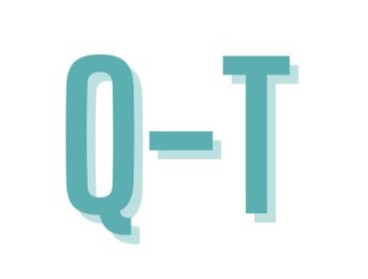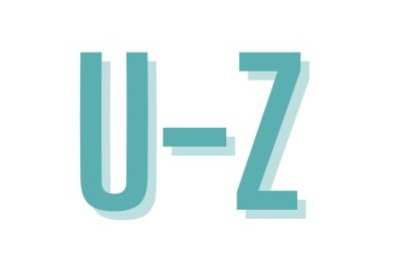
Agreement in Principle – An initial indication from a lender of how much you might be able to borrow, based on basic financial information. Also known as a Mortgage in Principle.
Bridging Loan – A short-term loan to bridge the gap between buying a new property and selling an existing one.
Chain – A series of linked property transactions where each sale depends on the next.
Completion – The final stage of the conveyancing process when the buyer pays the remaining balance, and ownership of the property is officially transferred.
Conveyancer – A legal professional who handles the transfer of property ownership. This can be a solicitor or a licensed conveyancer.
Deeds – Legal documents that establish the ownership and boundaries of a property or land.
Deposit – An upfront payment made by the buyer to secure the property, typically 10% of the purchase price.

Exchange of Contracts – The stage in the property transfer process when the signed contract from the purchaser and the signed contract from the vendor are swapped, making the agreement legally binding.
Environmental Searches – a property search conducted by your conveyancer that checks for factors such as flood risk, land contamination and other environmental hazards that could impact the property’s safety or value.
Fixtures & Fittings – Items included or excluded from the sale, such as carpets, light fixtures or built-in appliances.
Freehold – A type of property ownership where you own both the property and the land it stands on, indefinitely.
Gazumping – When a seller accepts a higher offer from another buyer after agreeing to a sale with someone else.
Gazundering – A situation where a buyer reduces their offer right before the exchange of contracts.
Ground Rent – An annual fee paid by the leaseholder to the freeholder of the property.

Inheritance Tax – A tax paid on an estate (including property) after someone dies, that is applicable above a certain threshold.
Joint Mortgage – A mortgage taken out by two or more individuals, sharing responsibility for repayments.
Land Registry – The government department that registers ownership and interests in land in England and Wales.
Leasehold – A type of property ownership where you own the property for a set period of time but not the land it stands on.
Local Authority Search – A property search that reveals things such as any planning issues, road schemes or local land charges.

Mortgage – A loan secured against a property used to buy a home, the borrower repays the loan in instalments over an agreed period.
Offer – A proposal to purchase a property at a specified price, subject to contract.
Property Information Form (TA6) – A standard form completed by the seller, providing details about the property.

Searches – Investigations conducted to uncover information about the property, such as local authority searches, environmental searches and water/drainage searches.
Stamp Duty Land Tax (SDLT) – A tax paid by the buyer when purchasing a property over a certain price threshold.
Subject to Contract – A legally non-binding agreement where the terms of the sale have been agreed in principle, but the formal contract has not yet been signed or exchanged.
Tax Band – The category or range of council tax rates applied to a property based on its value and location.

Under Offer – When a seller has received an offer either verbally or in writing for the property but has not yet formally accepted and no contracts have been exchanged.
Vendor – An individual or company that owns a property and is looking to sell it.
Water/Drainage Search – A property search the confirms the property is connected to mains water and sewage.
